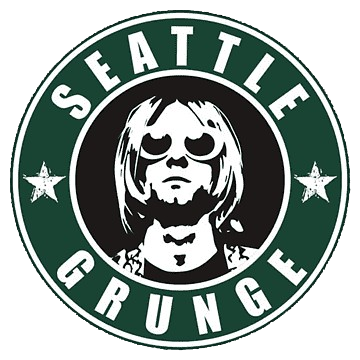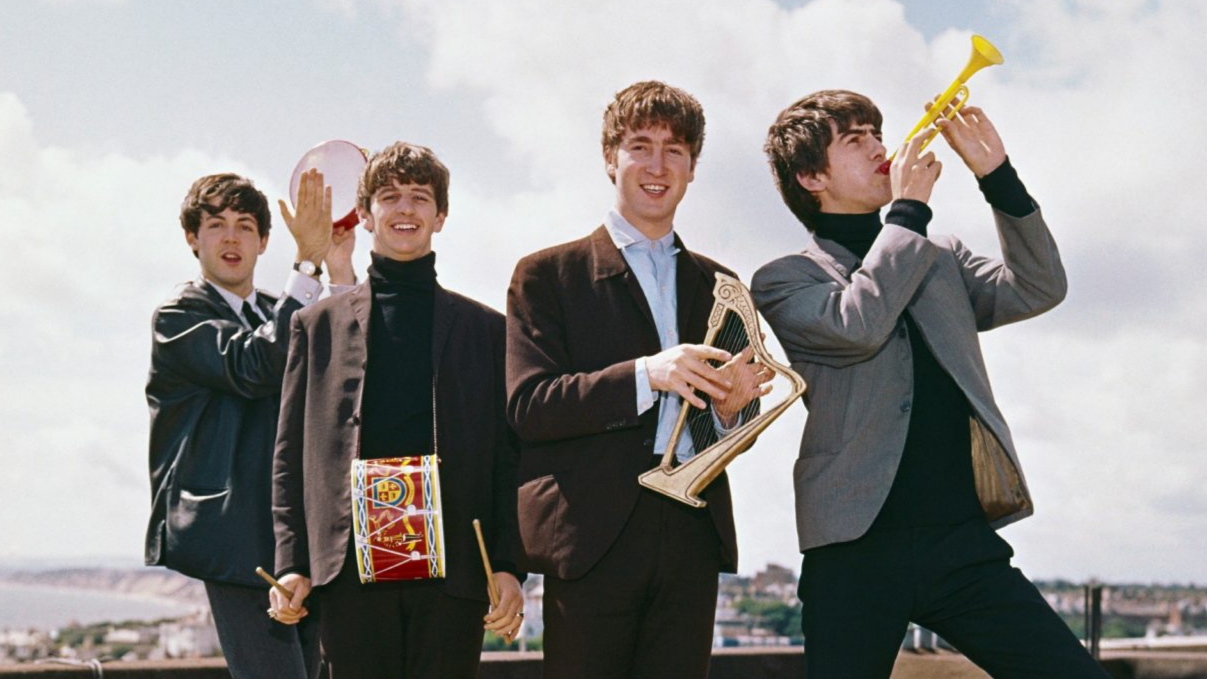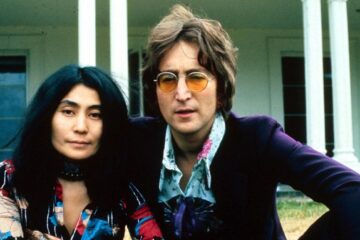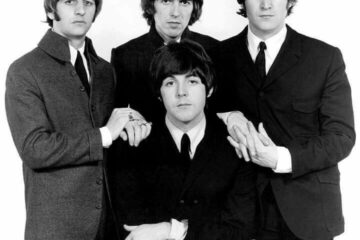The track is made by Paul McCartney and features vocals by John Lennon
Ringo Starr has shared his thoughts on the upcoming “Last” Beatles song, which has been created by Paul McCartney using help from artificial intelligence.
The track was first teased by McCartney last month during an interview with Radio 4’s Today Programme when he revealed that he’d used AI to help him finish a “final” Beatles song.
According to the legendary songwriter and bassist, the new technology allowed him to “extricate” John Lennon’s vocals from an old demo track, and complete the song over four decades since the Beatles musician’s death.
Now, following a mixed reaction from fans at the idea of the song, which is suspected to be the unreleased 1978 track ‘Now And Then’, the band’s former drummer Starr has shared his thoughts on the project, saying that the final result sounds “beautiful”.
Speaking in an interview with Variety, the musician clarified that the song is made using authentic recordings from the time and that fans needn’t worry about the whole thing being reliant on artificial intelligence.
“It’s not down to AI,” he said. “It’s not like we’re pretending anything. That is actually John’s voice, Paul’s voice and bass playing, George [Harrison] on rhythm guitar and me on drums.
“The two things that are new are Paul’s bass and me on drums… I really worked at it just months ago here. And it works,” he added. “It’s a beautiful song. You know, for all the madness going on around it, it’s still a beautiful track. And our last track.”
According to the interview, the “new” song is one that McCartney, Starr and Harrison first attempted to make in the ’90s using scraps of songs that they found written by Lennon.
As for why they chose to revisit the project in 2023, Starr joked: “I don’t know. Paul must’ve had a slow day.”
“He says, ‘You know that track we did? Do you want to work on that?’” he added, saying how he went to re-record the drums and backing vocals for the song. “It is moving, because the four of us are there, and there won’t be ever again.”
Shortly after announcing the song during his Radio 4 appearance, McCartney also went on to reassure fans that the project isn’t made entirely using AI. “Been great to see such an exciting response to our forthcoming Beatles project. No one is more excited than us to be sharing something with you later in the year,” he wrote.
“We’ve seen some confusion and speculation about it. Seems to be a lot of guess work out there. Can’t say too much at this stage but to be clear, nothing has been artificially or synthetically created. It’s all real and we all play on it.
“We cleaned up some existing recordings – a process which has gone on for years. We hope you love it as much as we do. More news in due course.”
The topic of using AI to create music has gained rapid momentum in recent months, and subsequently divided artists along the way. Former Oasis frontman Liam Gallagher on one hand openly praised an AI-generated Oasis album as sounding “mega” and Grimes confirmed that she permits fans to use her voice in their own AI projects.
Meanwhile, others aren’t so supportive of the concept, with Nick Cave labelling it “a grotesque mockery of what it is to be human”, and later stating that he wanted AI platforms like ChatGPT to “fuck off and leave songwriting alone”.
Discussing the topic earlier this year, NME explored how artists don’t need to be as worried about the current “fad” of using AI to create music as fans will always seek out work made by their favourite artists.
“Right now, we’re in the toybox phase. Millions of scammers, scouts and scavengers are out there seeing what this new technology can do, and the first stop for the uninspired is always imitation,” it began. “But never fear Nick Cave, and any other well-respected icons expressing concern about the machines imitating their art. This novelty fad period won’t last.”
“Listeners could quickly tire of computer-generated songs. Pop fans, after all, want an iconic hero figure they can worship, lust after or relate to. Rock fans want a ‘real’ band spitting lager in their faces,” it continued.
“If Spotify goes full-on AI, alternative platforms will spring up championing nothing but human music, where the most innovative artists reimagining what music can be will flourish above more formulaic fare that computers are doing better elsewhere.
‘If the streaming giants are somehow forced to curtail AI music, it’s only the most characterful, un-mimicable acts that will prosper there too – the sort of thing that a pre-trained program couldn’t even conceive.”




